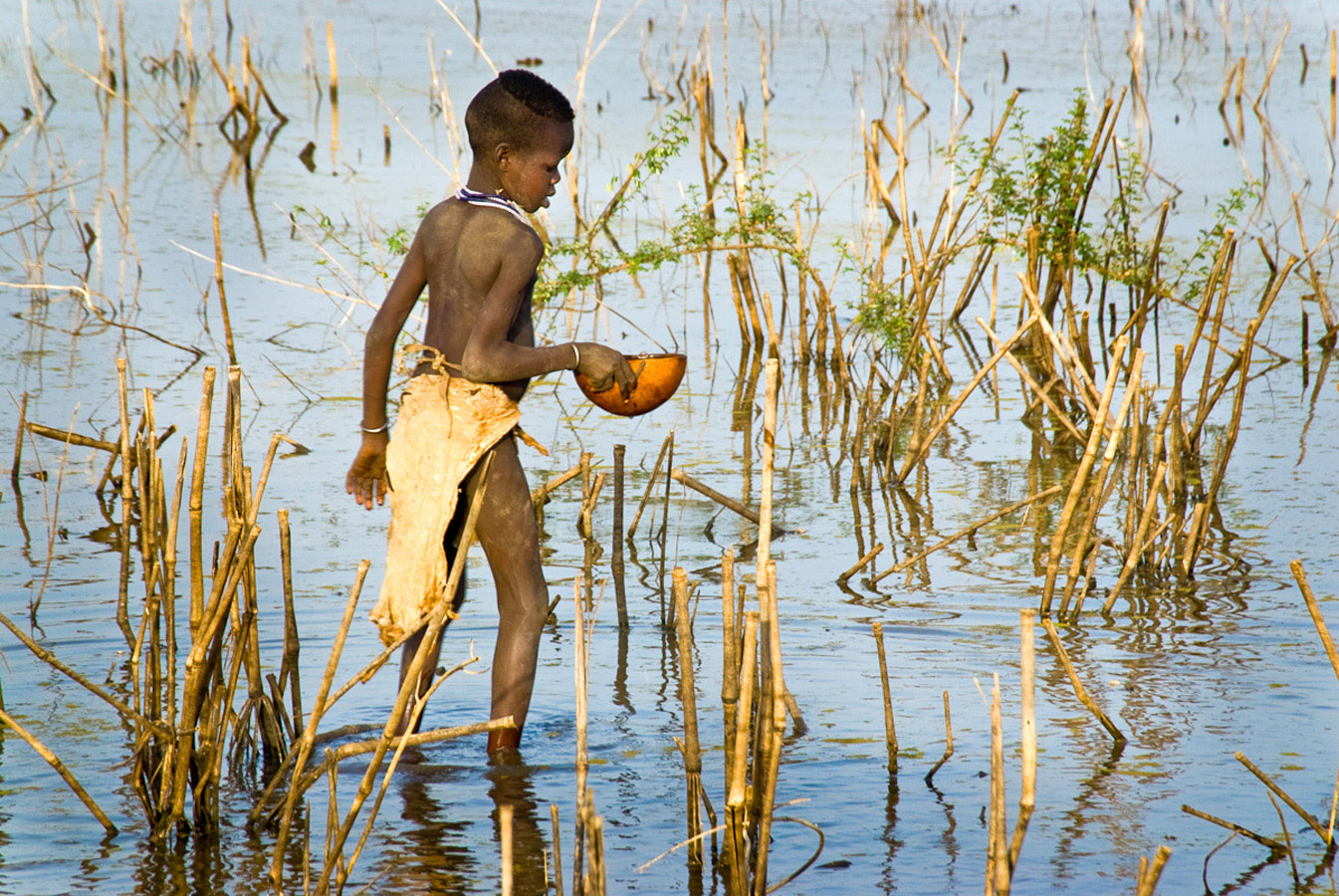Ethiopia is Africa’s oldest independent country and its second largest in terms of population. Apart from a five-year occupation by Mussolini’s Italy, it has never been colonised.
It has a unique cultural heritage, being the home of the Ethiopian Orthodox Church – one of the oldest Christian churches – and a monarchy that ended only in the coup of 1974.
It served as a symbol of African independence throughout the colonial period, and was a founder member of the United Nations and the African base for many international organisations.
Ethiopia has suffered periodic droughts and famines that lead to a long civil conflict in the 20th Century and a border war with Eritrea.
In the first part of the 20th Century Ethiopia forged strong links with Britain, whose troops helped evict the Italians in 1941 and put Emperor Haile Selassie back on his throne. From the 1960s British influence gave way to that of the US, which in turn was supplanted by the Soviet Union.
Although it has had fewer of the coups that have plagued other African countries, Ethiopia’s turmoil has been no less devastating. Drought, famine, war and ill-conceived policies brought millions to the brink of starvation in the 1970s and 1980s.
In 1974 this helped topple Haile Selassie. His regime was replaced by a self-proclaimed Marxist junta led by Mengistu Haile Mariam under which many thousands of opponents were purged or killed, property was confiscated and defence spending spiralled.
The overthrow of the junta in 1991 saw political and economic conditions stabilise, to the extent that the country is regarded as one of Africa’s most stable.
Source: BBC World Country Profiles (http://news.bbc.co.uk/2/hi/country_profiles/default.stm)
